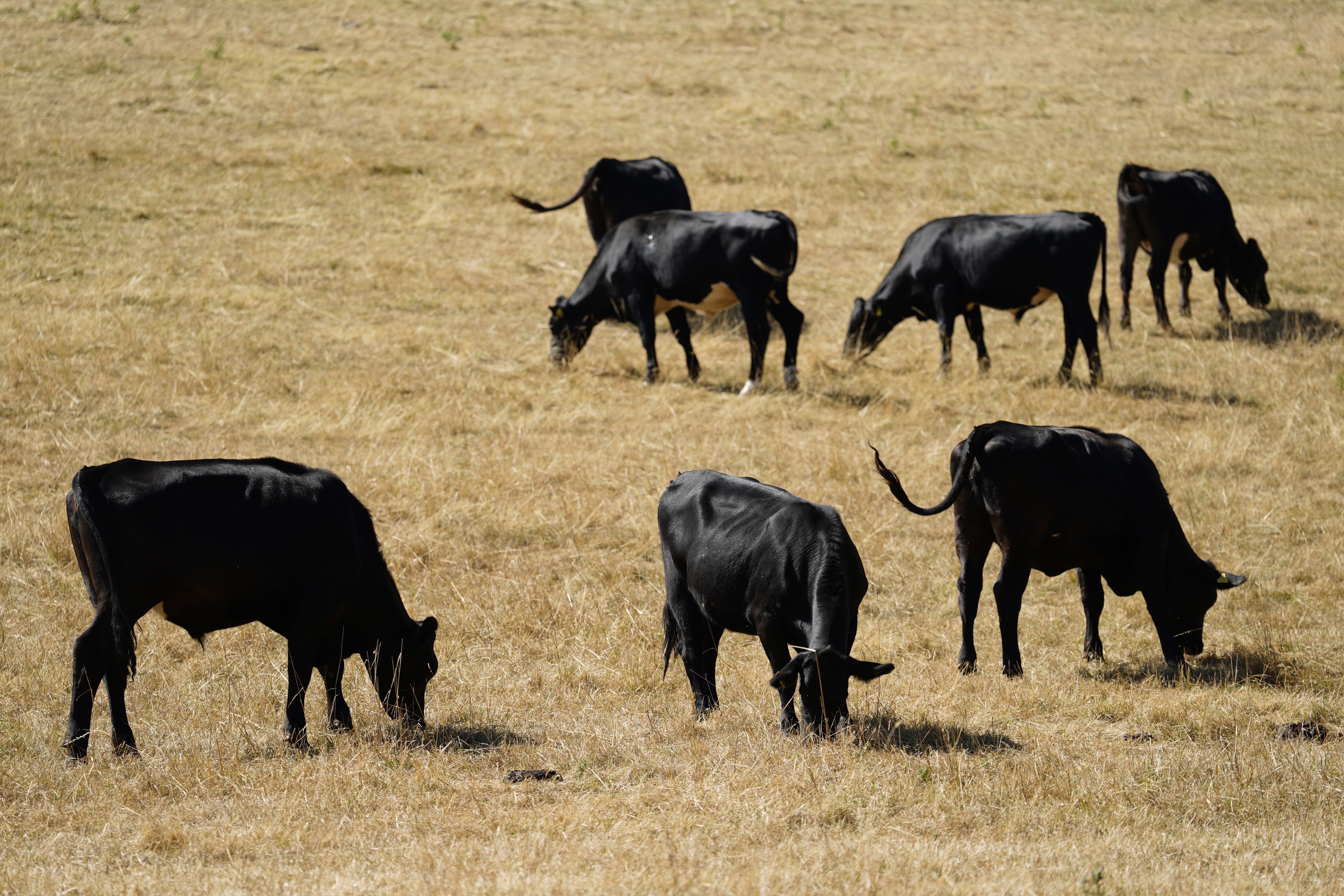Farmers warned over greater risk of bluetongue as cases rise rapidly in Europe
The livestock disease affects animals including cattle and sheep.

Your support helps us to tell the story
From reproductive rights to climate change to Big Tech, The Independent is on the ground when the story is developing. Whether it's investigating the financials of Elon Musk's pro-Trump PAC or producing our latest documentary, 'The A Word', which shines a light on the American women fighting for reproductive rights, we know how important it is to parse out the facts from the messaging.
At such a critical moment in US history, we need reporters on the ground. Your donation allows us to keep sending journalists to speak to both sides of the story.
The Independent is trusted by Americans across the entire political spectrum. And unlike many other quality news outlets, we choose not to lock Americans out of our reporting and analysis with paywalls. We believe quality journalism should be available to everyone, paid for by those who can afford it.
Your support makes all the difference.Farmers are being warned of a greater risk of the animal disease bluetongue following a “rapid increase” in cases in Europe.
While officials say there is no evidence that bluetongue is circulating in midges – which spread the disease – in Britain, the Government warns the insects can be blown long distances on the wind from mainland Europe.
Officials said there has been a rapid increase in cases in the Netherlands and Germany, and new cases in France, Luxembourg and Denmark, which means Britain is at greater risk of the disease in susceptible animals.
Bluetongue is an animal disease that affects livestock including cattle and sheep, as well as goats, deer and llamas, with symptoms including a blue and swollen tongue, fever, reduced milk yield, and, in the most severe cases, death.
It does not affect humans or food safety.
Livestock owners were already being urged to be vigilant for signs of the disease in their animals, because of a “very high probability” of a new introduction of a new strain of the virus known as BTV-3 through infected midges blown over from northern Europe.
The last case of bluetongue in Britain was confirmed on March 8 2024, and between November 2023 and March this year there were 126 cases – 119 in cattle and seven in sheep – in England on 73 premises in four counties.
During that period, the BTV-3 strain was found in Kent, Norfolk and Suffolk, officials said.
It was the first outbreak of bluetongue in Britain since 2007, when farmers were also battling bird flu and foot and mouth disease which affected cattle after leaking from a laboratory in Surrey.
Farmers are being reminded free testing is available for animals moving from high-risk counties – Norfolk, Suffolk, Essex, Kent and East Sussex, which are at highest risk of midges blown from Europe – to elsewhere in Great Britain.